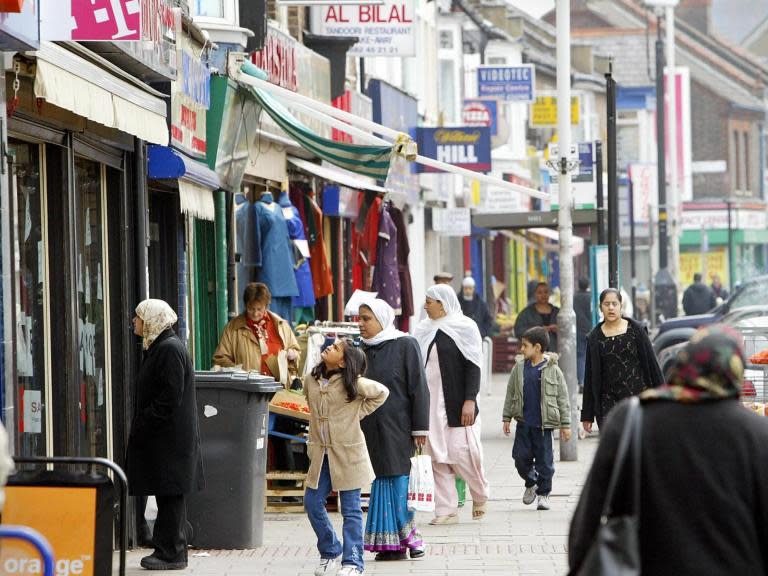I resigned as a Labour councillor after accusations of antisemitism. This is what I learned by facing my prejudices
I was at the library when I received a call from a civil society organisation concerned about antisemitic tweets found on my Twitter account, which dated prior to me being elected as a Labour councillor for Luton Borough Council. I was 21 years old.
I remember going home and receiving an email regarding my suspension from the Labour Party. I was so frightened that I had passed out without being able to call anyone. Don’t misunderstand me; I know there was nothing acceptable about the tweets in question, and I’m not writing this asking anyone to feel sympathy for me. The three years since my resignation has allowed me some time to reflect and to learn.
Growing up in a town like Luton, especially as an ethnic minority, you need to work twice as hard as your peers in order to grant yourself a future. Only a couple of people from my high school enrolled into a Russell Group university. From time to time I’d hear about fellow pupils being “locked up” for becoming involved with drugs, theft, assault – even gun crime.
That type of environment forces you to become so immune to things that others find unacceptable, even shocking. You lose the ability to be surprised. And the same, unfortunately, goes for racism and other forms of social discrimination.
Where I grew up terms such as "gay", "Paki" and "Jew" were used as insults without question. It’s only when you move away from such an environment to a different one, and meet and talk to different people, that you realise such rhetoric is wrong. But people need to be taught that it is wrong. I needed to learn.
When I made the decision to resign, I could have provided evidence that I was not the person the media made me out to be. But rather than fighting back, I looked into what had prompted me to make such remarks at such a young age. I asked myself difficult questions about my background and upbringing and the values that I had held dear.
I now realise two things. The first is that within some closed Muslim communities, like that in which I grew up in Luton, antisemitism is rife. It is considered an acceptable form of racism – despite the fact that so many Muslims are themselves the victims of daily racist abuse and discrimination. How could this come about?
Antisemitism among Muslim communities is often a result of concern about the Israeli occupation of Palestinian land. But I now understand that the two issues are separate: anger about Israel's actions in the Middle East may be legitimate, but to extend that to a form of racism against an entire group of people is, of course, absolutely not. Sadly, this is not something that my home community taught me. I had to leave to make those connections.
Now, the political party I represented is also at the heart of a furious debate about antisemitism, while accusations of Islamophobia dog the Conservative Party. The most important thing missed out in both these controversies is conversation: with voters, with communities, and with the victims and perpetrators of racism.
It's easy for politicians to use these issues in their political campaigns, but how many have been brave enough to join in such discussions in their constituencies? Whenever there’s a discussion on racism, all we hear from MPs is that "it is wrong". That goes without saying, but why is it still happening, and how can it be prevented? What are schools, families and communities doing to prevent children from falling into this trap of inter-generational discrimination? And how is the government supporting them?
My personal tutor at high school was Jewish and I knew, but could not understand, that she wanted me – a Muslim – to succeed. As a pupil, I remember wondering how it was possible for her to care for me so much, considering my ethnic and religious background. She was also one of the first people that emailed me to talk personally to me about the issue of antisemitism after I resigned. Talking about such issues face-to-face is the only way a Muslim high school student like me wouldn’t have to think about why and how her Jewish tutor could care for her.
People aren’t born racist; they learn how to be racist. The only way to tackle this is through education, conversation, and interaction.
With the far-right on the rise in Europe, the best antidote to spreading racism is to get and stand together. I hope that by people like me telling their own stories, communities like mine will be able to move beyond our assumptions to a greater understanding of one another.

 Yahoo News
Yahoo News 

